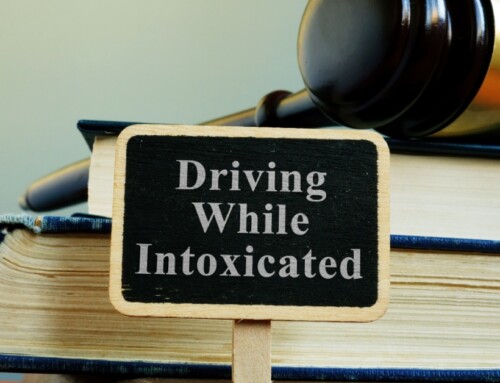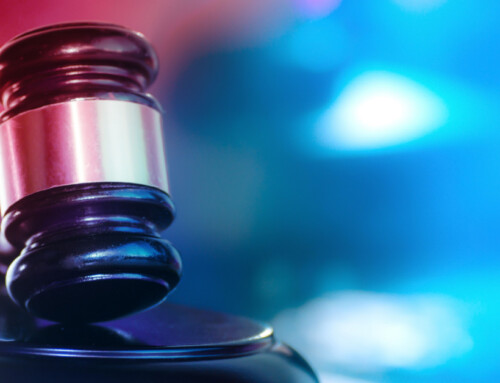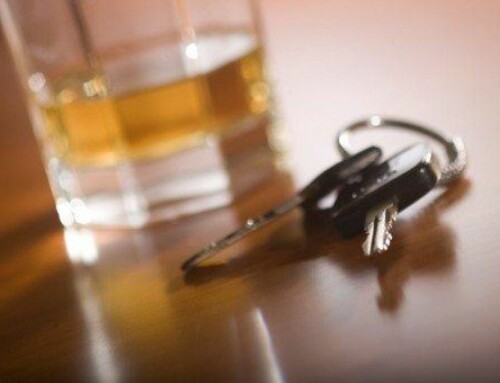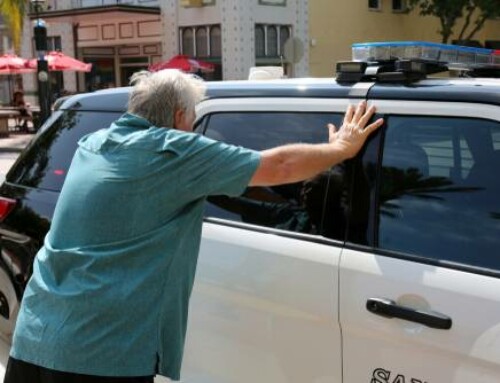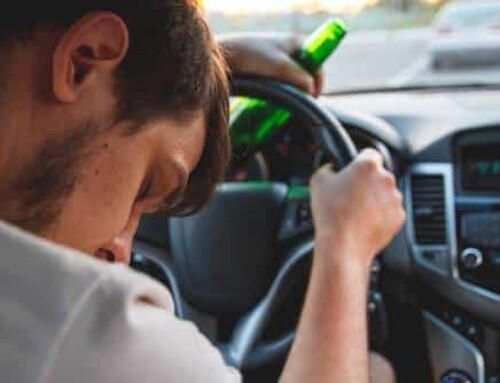Most people who get pulled over for drunk driving expect to be charged with a DUI (unless they weren’t actually driving drunk). But, in South Carolina, many people find that they have been charged with a DUAC instead. So, what is a DUAC, and what do you need to know if you are facing a DUAC charge? North Charleston defense attorney Rad Deaton explains:
South Carolina’s Drunk Driving Laws: DUI vs. DUAC
In South Carolina, there are two different types of drunk driving offenses: DUI and DUAC. To understand the differences between DUI and DUAC charges, we can take a look at what each of these acronyms means:
- DUI Stands for “Driving Under the Influence” – DUI stands for “driving under the influence.” Under Section 56-5-2930 of the South Carolina Code of Laws, you can be charged with DUI if you “drive a motor vehicle within this State while under the influence of alcohol to the extent that [your] faculties to drive a motor vehicle are materially and appreciably impaired.”
- DUAC Stands for “Driving with Unlawful Alcohol Concentration” – DUAC stands for “driving with unlawful alcohol concentration.” Under Section 56-5-2933 of the South Carolina Code of Laws, you can be charged with DUAC if you “drive a motor vehicle within this State while [your] alcohol concentration is eight one-hundredths of one percent or more.”
A DUAC charge is also known as “drunk driving per se.” What this means is that if your blood alcohol concentration (BAC) is 0.08 percent or above, you can be charged with DUAC regardless of whether your driving abilities were impaired. In other words, simply having a BAC over the legal limit is enough to establish guilt for a DUAC charge under South Carolina law.
How Prosecutors Prove DUAC Charges in South Carolina
In most cases, prosecutors in South Carolina prove DUAC charges by using the defendant’s BAC reading from a breathalyzer test on the side of the road. The police routinely administer the breathalyzer when they suspect that a driver is under the influence, and breathalyzer readings are generally admissible in court. If the police are unable to take a breath sample for any reason, they can require a blood or urine sample instead—and these samples are also generally admissible to prove that a driver had an “unlawful alcohol concentration” behind the wheel.
Since a DUAC charge doesn’t require proof of impairment, a high BAC (as demonstrated by a breath, blood, or urine test) is enough on its own to sustain a conviction. As a result, when facing a DUAC charge in South Carolina, it is critical to work with an experienced defense attorney who can help you challenge your BAC reading by all means available.
Defenses to a DUAC Charge in South Carolina
There are several potential defenses to DUAC charges in South Carolina. However, not all defenses are available in all cases. To determine which defenses you can assert, you need to work with an experienced defense attorney who can thoroughly analyze the facts of your particular case. With this in mind, some examples of possible defenses to a DUAC charge include:
- Failure to Record Your Drunk Driving Stop – Under the South Carolina Code of Laws, the police are required to record all drunk driving stops. Specifically, Section 56-5-2950(B) states: “No tests may be administered or samples obtained unless, upon activation of the recording equipment and before the commencement of the testing procedure,” the arresting officer complies with all other applicable requirements. If your arresting officer failed to record your traffic stop, this could render your BAC reading inadmissible in court.
- Failure to Provide All Required Information – In addition to recording drunk driving stops, the police are also required to provide DUAC suspects with several pieces of information on record before administering a BAC test. If your arresting officer failed to provide you with any of the required information, this could provide a defense to your DUAC charge as well.
- Failure to Meet the BAC Testing Requirements – To be valid, BAC tests (including breath, blood, and urine tests) must meet certain specific requirements established under South Carolina law. For example, Section 56-5-2950(A) of the South Carolina Code of Laws states: “A breath sample taken for testing must be collected within two hours of the arrest. Any additional tests to collect other samples must be collected within three hours of the arrest.” If your BAC test is invalid for any reason, prosecutors should not be able to use your test results against you.
- Improper Calibration of the Breathalyzer Device – To provide a reliable BAC reading, a breathalyzer device must be properly calibrated. If the breathalyzer device used during your DUAC stop wasn’t properly calibrated (or if the police can’t prove it was properly calibrated), this could mean that you are entitled to a dismissal.
- Improper Administration of the Breath Test – The police must follow strict procedures with administering breath tests in South Carolina. If your arresting officer did not follow all of these procedures, this could provide grounds to keep your BAC reading out of court as well.
- Alternate Explanation for an “Unlawful” BAC – While alcohol conception is one way to increase your BAC, there are a variety of other potential explanations for an “unlawful” BAC as well. If you (or your attorney) can demonstrate a possible alternate explanation for your BAC being over the legal limit, this could be enough to protect you from a DUAC conviction.
Again, these are just examples. From administering a breath, blood, or urine test without the requisite qualifications to violating your constitutional rights before, during, or after your drunk driving traffic stop, several other issues can give rise to DUAC defenses as well. If you need to know what defenses you can use to fight your DUAC charge, we encourage you to contact us promptly for more information.
Request a Free Consultation with North Charleston DUAC Defense Attorney Rad Deaton
North Charleston defense attorney Rad Deaton has extensive experience helping clients fight DUAC charges in South Carolina. To discuss your case with Mr. Deaton in confidence, call 843-225-5723 or request a free consultation online now.


